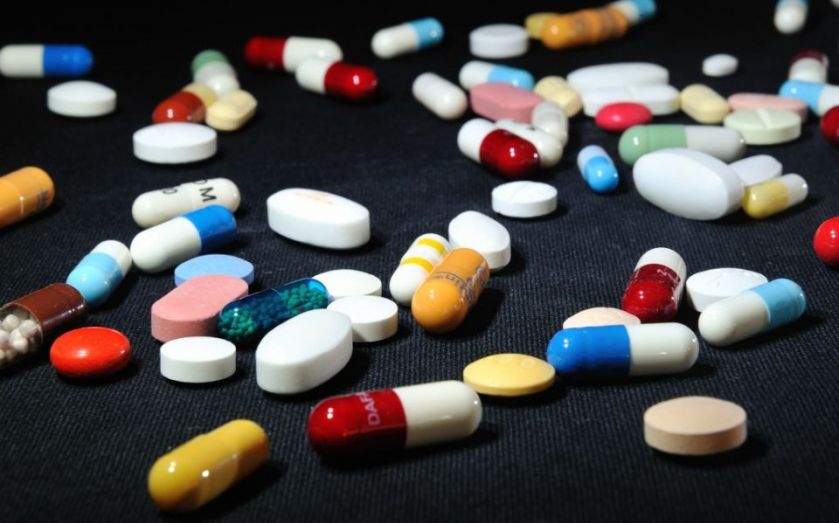How GSK and AstraZeneca might stop advancing treatments if drug spend is reduced

Big pharmaceutical companies thrive off the invention of new drugs, but their success relies on those drugs being purchased at the end of the line.
If the maximum amount spent by the NHS on new medicines was seriously lowered, as a report released today suggested, it would not only limit access to some already available drugs – it might discourage companies like GSK and AstraZeneca from investing in the development of new ones.
This morning, a group of researchers at the University of York accused the National Institute for Health and Care Excellence (Nice), the government’s drug advisory body, of buying medicines for too much money. They said this was diverting important funding away from other, cheaper aspects of healthcare.
NICE, which sets its current limit at £20,000 to £30,000 per quality-adjusted life year (QALY), reacted by saying this would close the door to many new and advanced therapies. The researchers had recommended a lower limit of £13,000.
A QALY is a weighting of the cost of using a drug for a year against the extent to which a persons life can be extended and improved.
Ketan Patel, senior investment analyst at Ecclesiastical, told City A.M. how damaging such a move could be for innovation at big pharma companies.
“The healthcare industry, which has delivered innovative drugs in recent decades, is built around a business model that is predicated on being rewarded for that innovation,” he said.
“To remove that mechanism with a set threshold, whether it be at £13,000 or £130,000 will have a huge impact on how healthcare companies allocate their capital within R&D, resulting in a decline in innovation, to the detriment to the patient in the long run.”
Patel also suggested that reducing the threshold may not even have the desired effect of saving money for the NHS, since it wouldn't guarantee a return on investment:
The pricing of drugs is always an easy target for policymakers, but it is a very myopic way to measure the total return on investment. The wider healthcare system needs to be reviewed with the end consumer being at the core of any framework – the patient.
GSK has already experienced the detrimental impact of drug price limitation in the US, where sales declined by 12 per cent last year. According to the FT, this reflected the increasingly tough pricing environment facing drugmakers there, with insurers and healthcare providers attempting to bring down the escalating cost of healthcare.
Following this morning's recommendation to Nice, shares inGSK and AstraZeneca dipped to £15.25 and £43.63 respectively. They have since picked back up again.